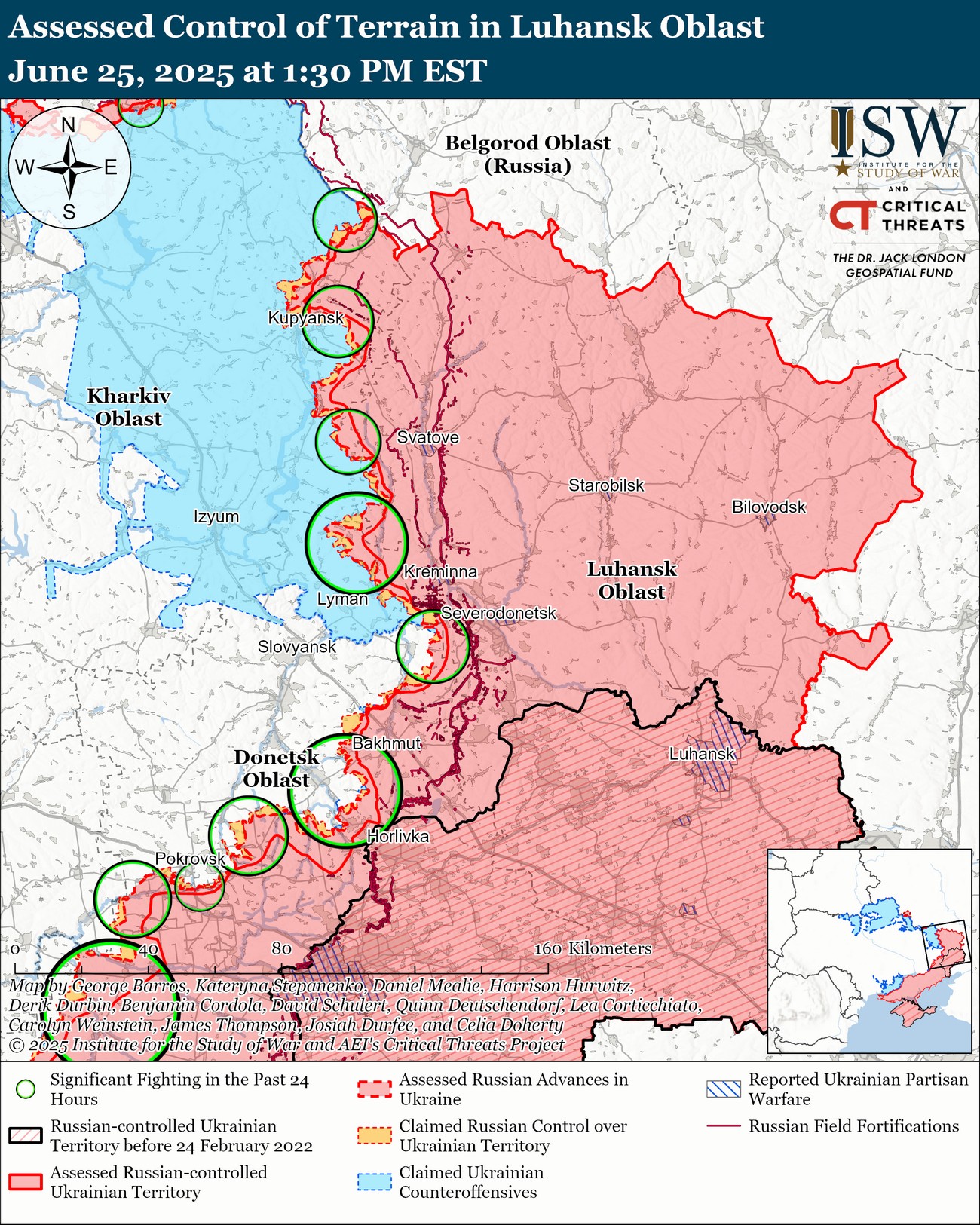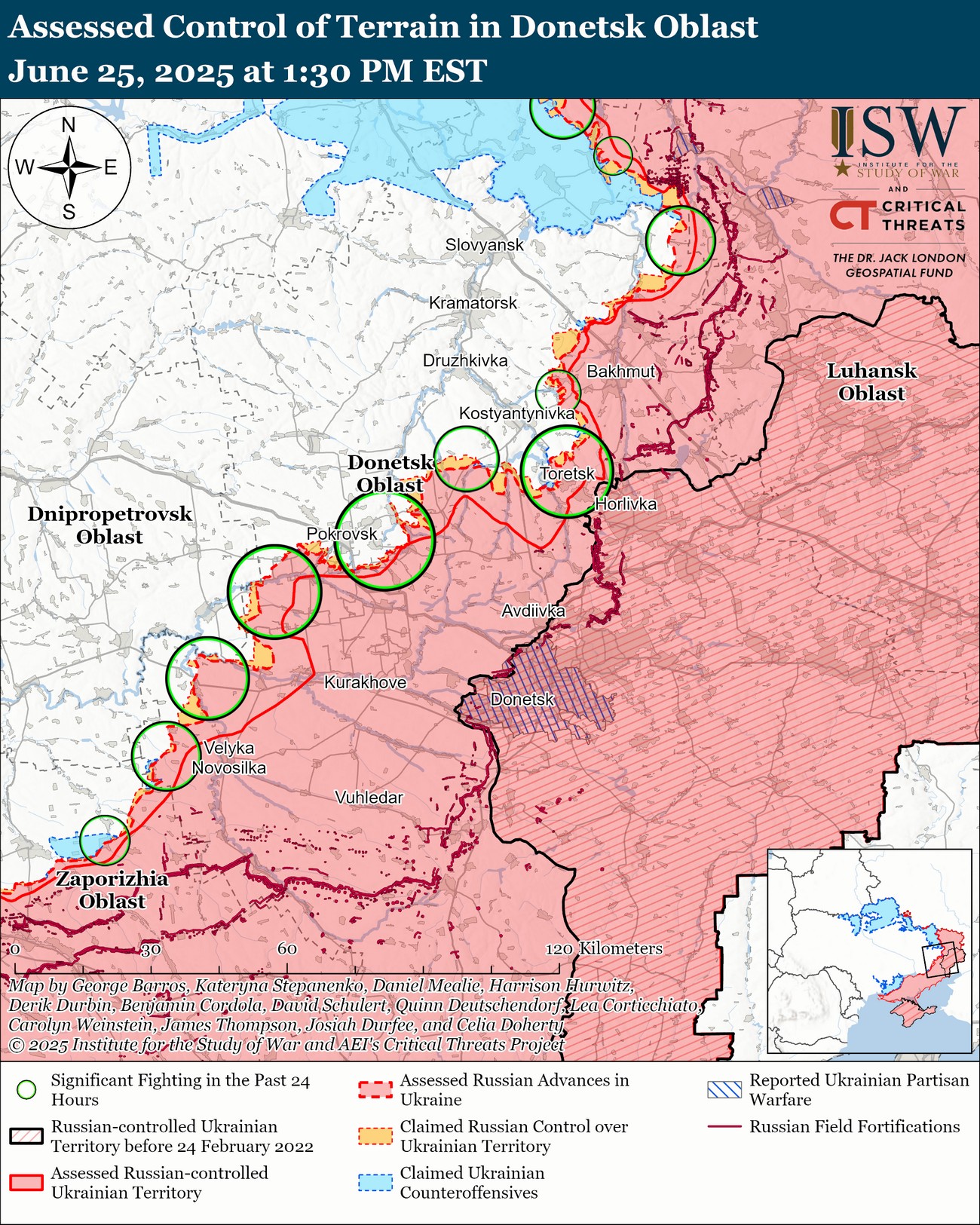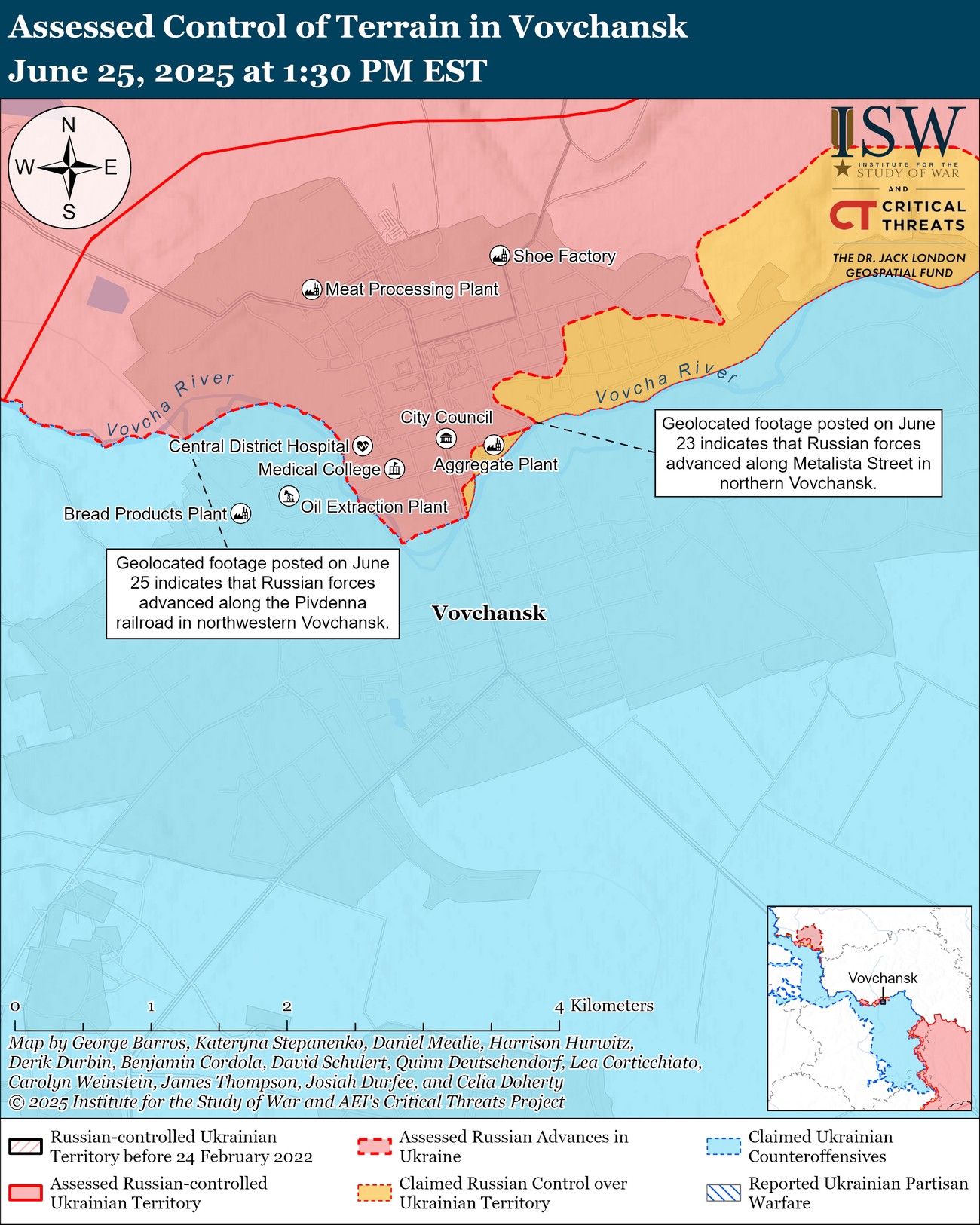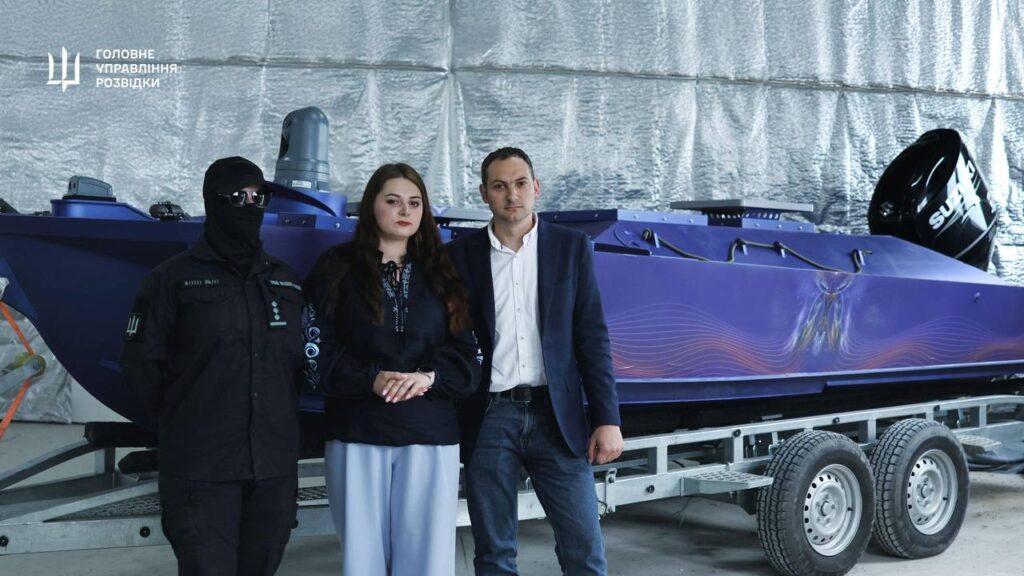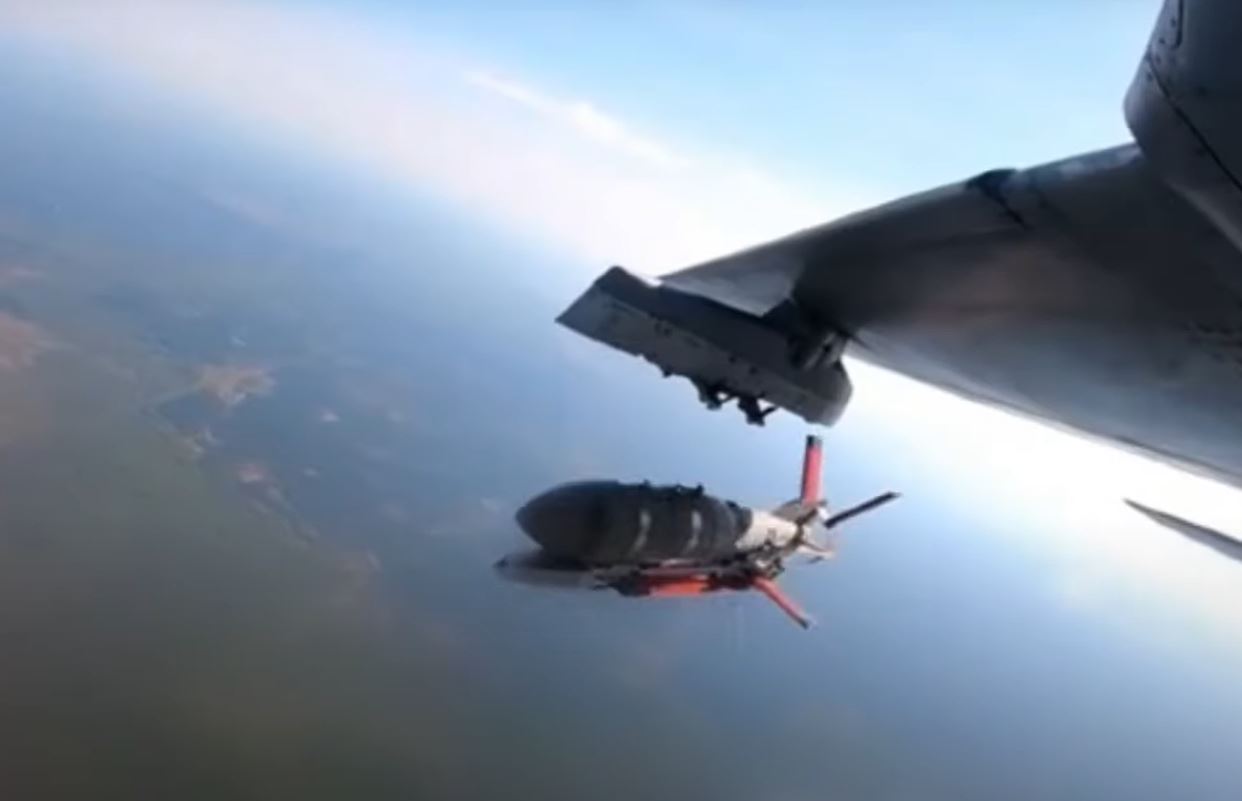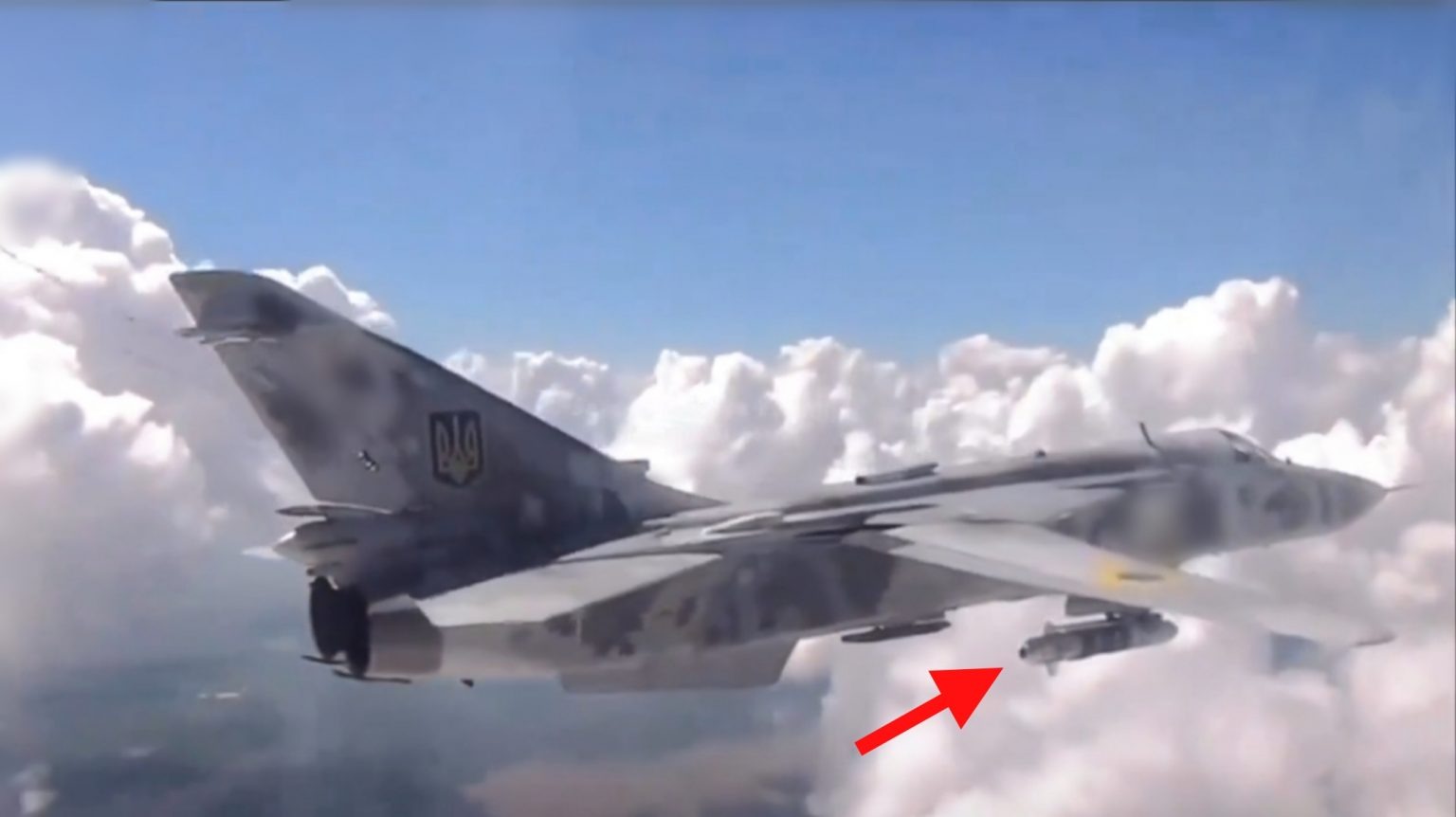Sanctions hit harder than bombs: Russian courts reveal systemic failure in weapons supply

Russian weapons supply failure confirmed by courts is at the center of an investigation by The Insider, which analyzed arbitration rulings involving nine defense contractors. The findings reveal that sanctions are not just symbolic—they are dismantling the Kremlin’s war machine from within.
Sanctioned by the G7 and EU over its full-scale war on Ukraine, Russia evades restrictions via third countries while pushing propaganda that they hurt the West more. Meanwhile, the EU’s newest sanctions package remains blocked by pro-Russian Hungary, and US President Trump, though hinting at new US measures, has yet to act—still banking on unrealistic peace negotiations.
Fake parts, failed deliveries, and smuggling schemes
In case after case, Russian manufacturers admitted they could not fulfill military contracts due to the unavailability of sanctioned components. A shipment of programmable chips from Azimut LLC to NTC Elins was rejected after the Chinese replacements failed to function with the Ministry of Defense’s software. In court, Elins declared the chips unusable, citing their incompatibility.
Zaslon JSC, tied to United Russia’s Andrei Turchak, claimed a batch of microchips delivered under contract showed signs of tampering. The company’s technical experts pointed to “numerous scratches” consistent with reballing – tampering the microchips for the reuse. The court agreed and dismissed the supplier’s claim.
Russian courts expose offshore arms trafficking routes
One lawsuit revealed that Northern Star LLC imported banned electronics via ARP Investment, a firm registered in the British Virgin Islands. The operation routed shipments from Chinese firms under European branding. The court documents directly confirmed that Northern Star was supplying these goods for Russia’s Ministry of Defense.
The choice of the BVI—a British Overseas Territory—made the scheme unusually risky. UK authorities have access to its corporate registry, which means the real beneficiaries of such supply chains can be easily identified.
Drone development stalls as local components fail
NaukaSoft was tasked with delivering a power supply for SES-7000-NS drones. The supplier couldn’t manufacture key connectors—once a Soviet strength—leading to court-ordered penalties. Without access to lighter imported equivalents, the company failed to meet even basic technical specifications.
Shipbuilding delayed by failed sonar delivery
The Amur Shipbuilding Plant sued the Priboy Plant after it failed to deliver the Zarya-2 sonar system. The system, essential to the corvettes Grozny and Bravy, relied on components banned under EU sanctions. Priboy admitted its suppliers could not fulfill the order, and its efforts to use “domestic” replacements failed when the Russian-made parts were found to contain foreign chips themselves.
Western manufacturers halt shipments after spotting deception
One legal dispute showed how a British manufacturer canceled delivery of specialized maritime communication modules after detecting at least ten conflicting orders—all designed to hide the Russian military end user.
“Since the end user of the product was the plaintiff,” the ruling states, the supplier “was unable to provide the documentation requested by the manufacturer.”
The module was for NII Elektropribor, which builds navigation and gyroscopy systems for military vessels.
Banking shutdowns block import routes in Central Asia and Türkiye
Technolink LLC’s attempts to import lab equipment were thwarted when banks in Kyrgyzstan and Türkiye closed accounts linked to suspect shipments. Courts revealed how one of the supplier’s Kyrgyz partners had its account shut down even before a contract was signed. In Türkiye, DenizBank closed accounts entirely.
Uzbek banks rejected payments based on customs commodity codes, while Kyrgyz authorities demanded import licenses. The courts ruled that these shutdowns were predictable under current sanctions conditions and rejected claims of force majeure.
Swiss sanctions freeze space systems deliveries
In another case, Russian Space Systems was left without frequency generators after Swiss company AnaPico AG halted deliveries. AnaPico’s Russian partner admitted in court it could no longer fulfill contracts after Swiss authorities intervened. Russian courts terminated the contract.
Domestic replacements fall short—even when available
The Russian National Guard refused to accept an anti-drone system after the Ford Transit chassis was replaced with a GAZelle, citing contract violations. The supplier blamed foreign automakers’ exit from Russia. The court ruled that the supplier had no alternative and upheld the replacement.
Courts confirm systemic failure in Russian weapons supply
Across every case, Russian arbitration courts exposed a common thread: the country’s military industry cannot operate without sanctioned foreign tech. None of the failures involved personal sanctions—only export controls on dual-use, non-consumer goods.
The Insider’s investigation concludes that Russia’s efforts to smuggle, substitute, or manufacture its way around sanctions fail. The courts have documented the consequences: stalled ships, grounded drones, rejected deliveries, and a defense sector in crisis.
“The conclusion is clearly supported by Russian court rulings: sanctions are having a material impact on the work of Russia’s military-industrial complex,” The Insider’s investigation wrote.
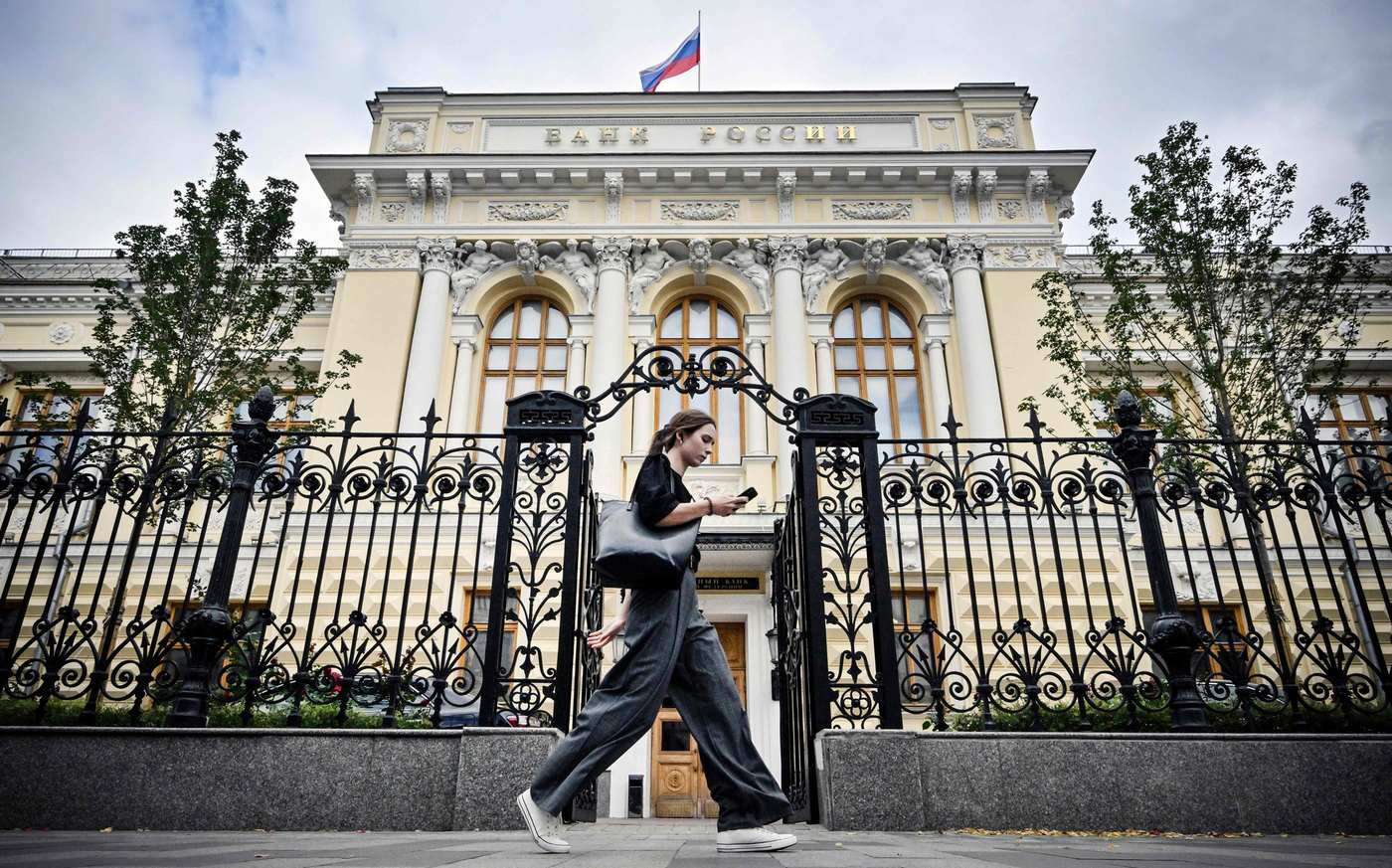

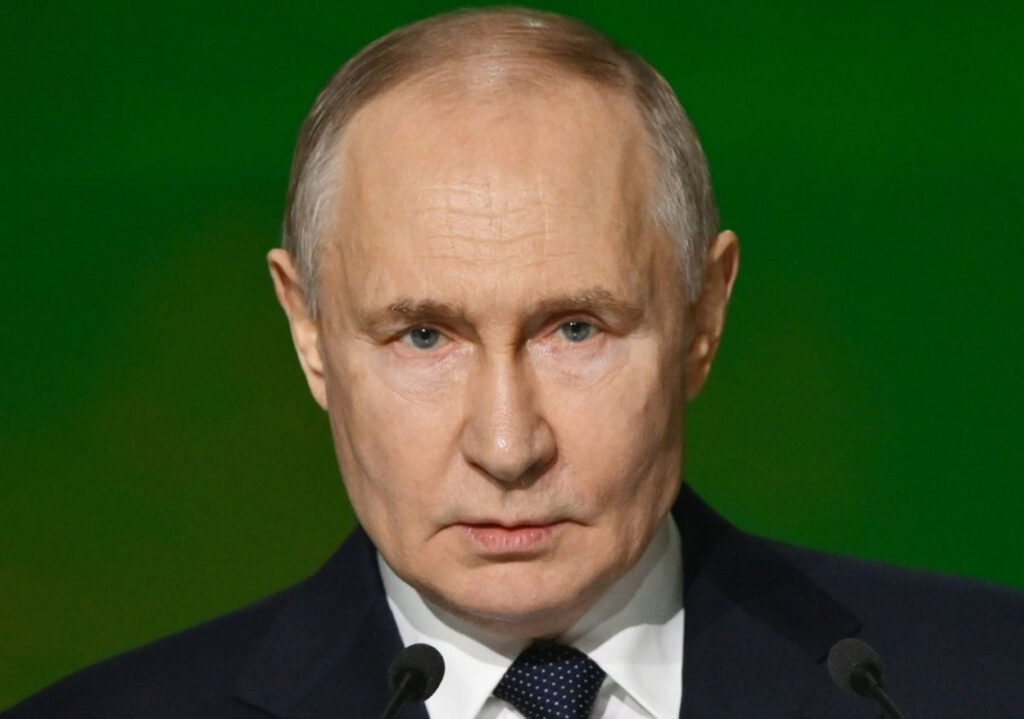
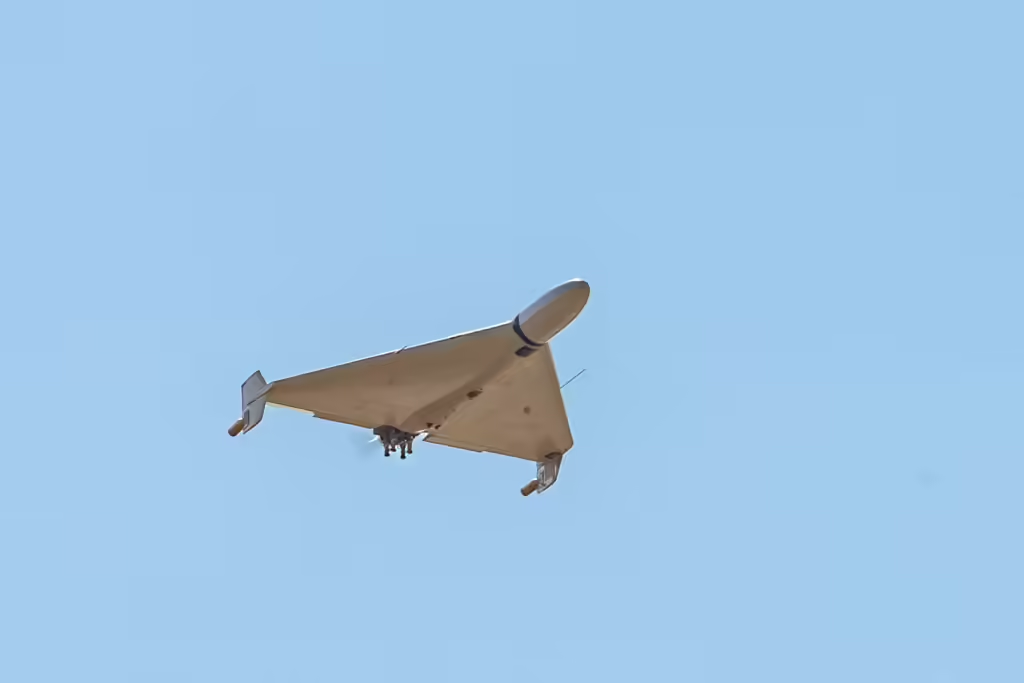




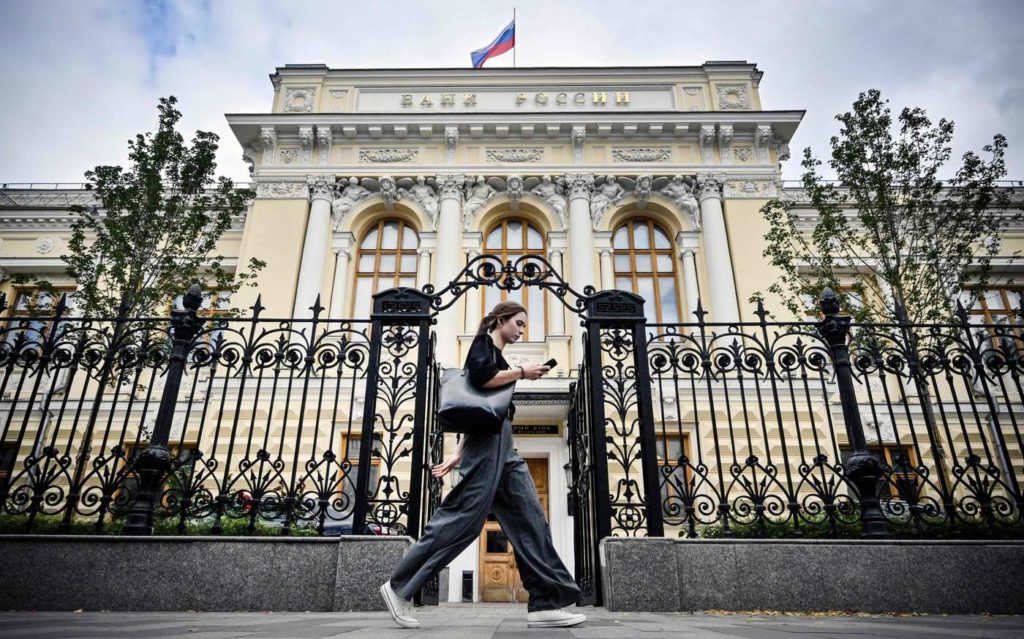



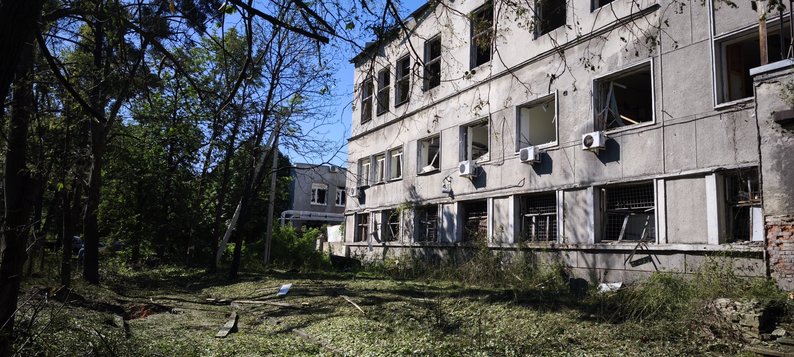
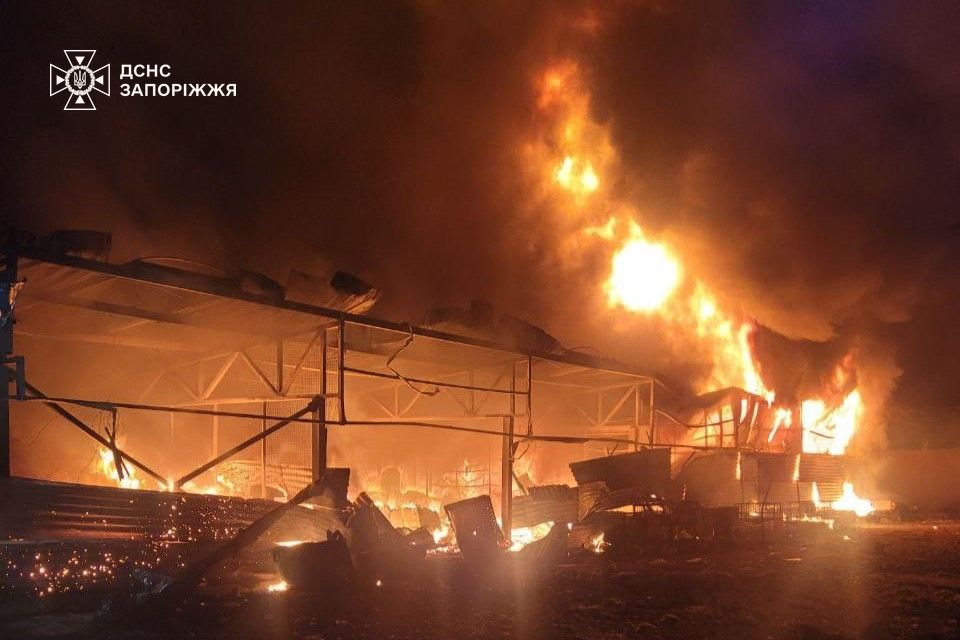

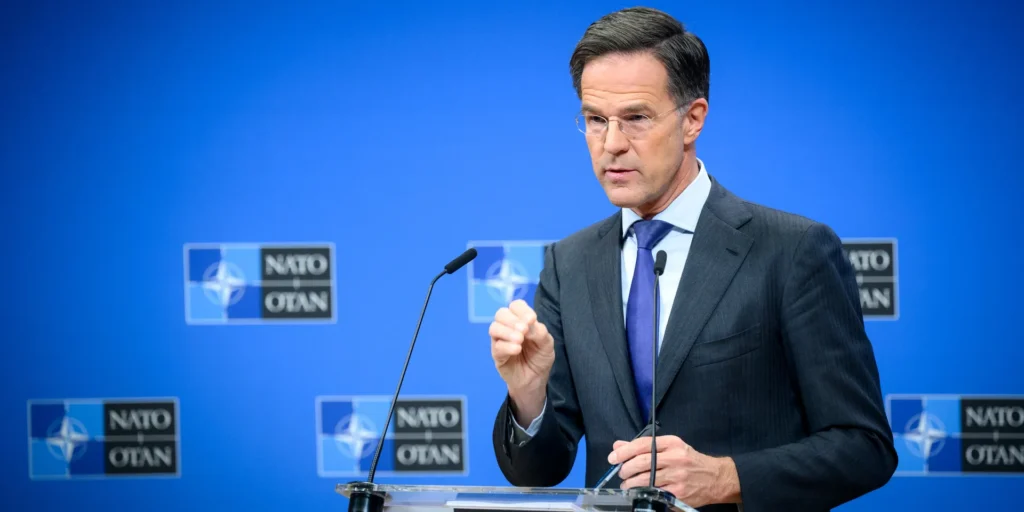

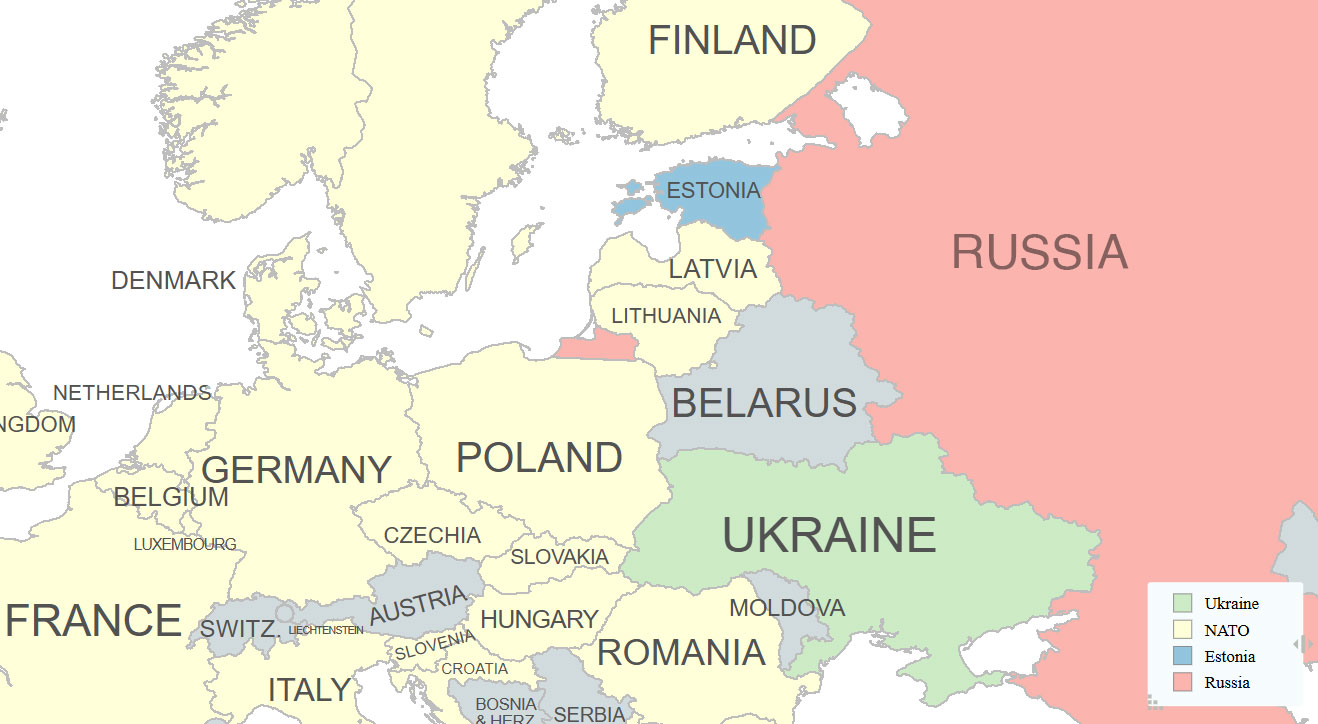
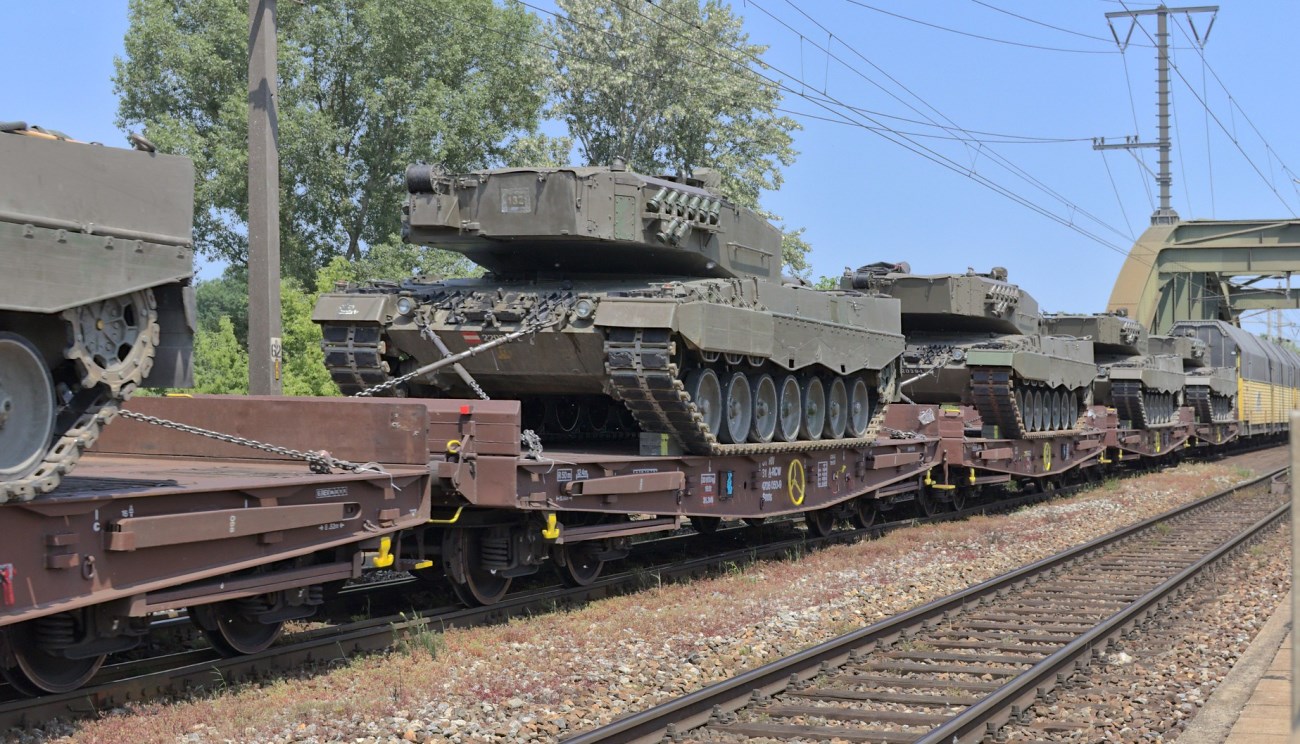



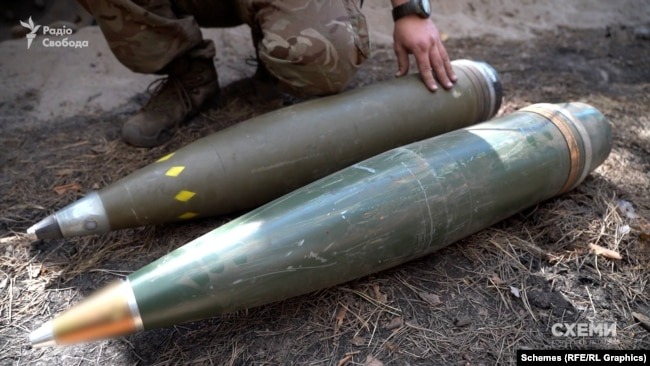
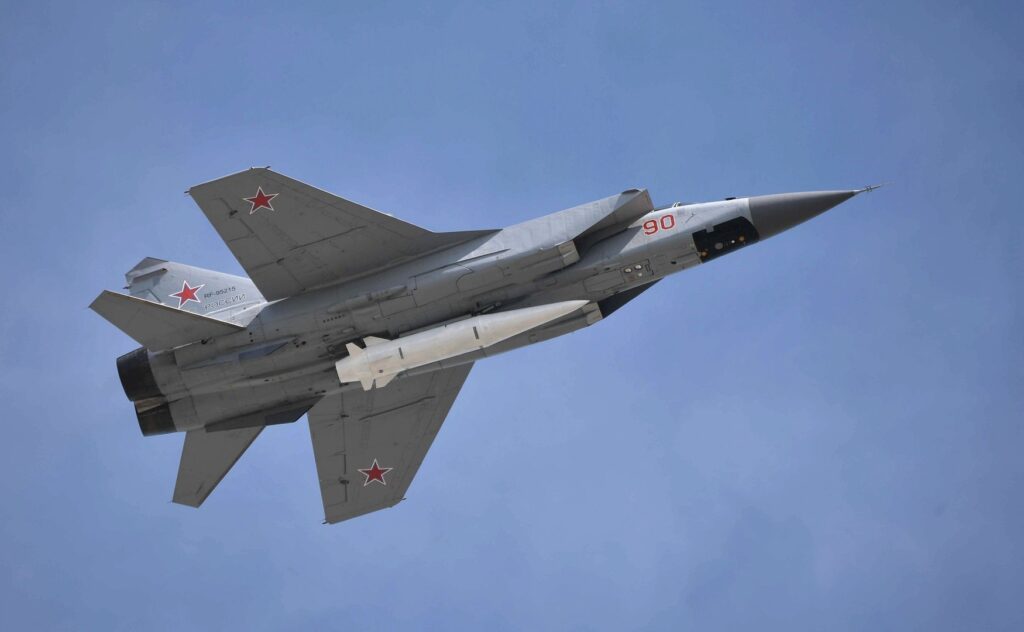







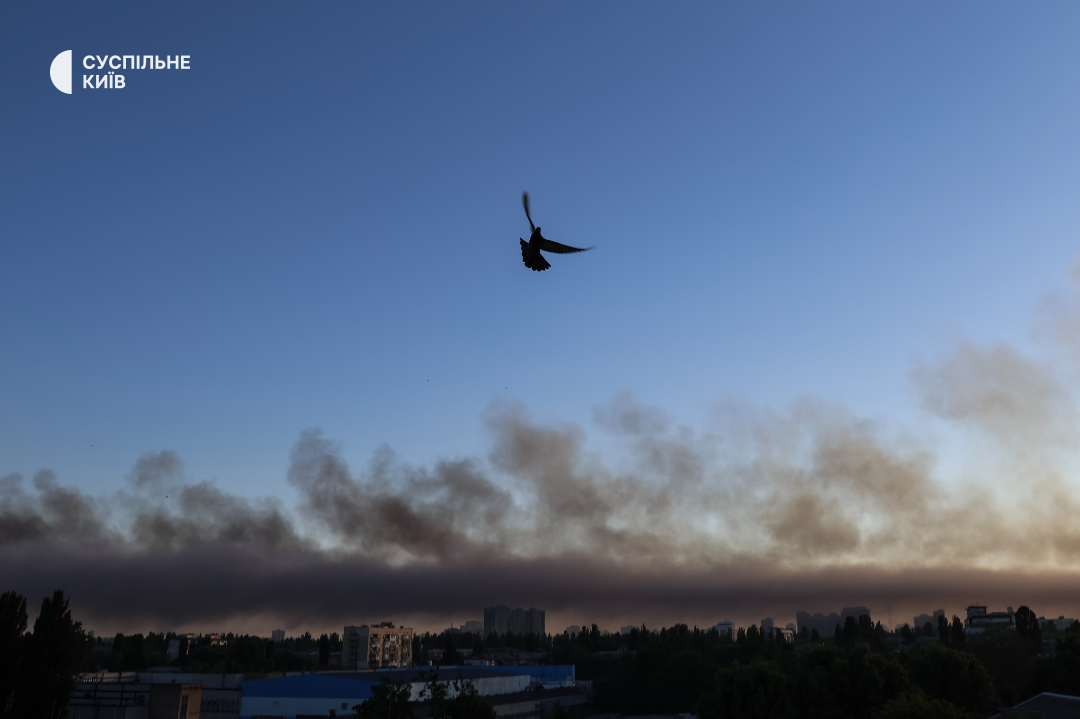


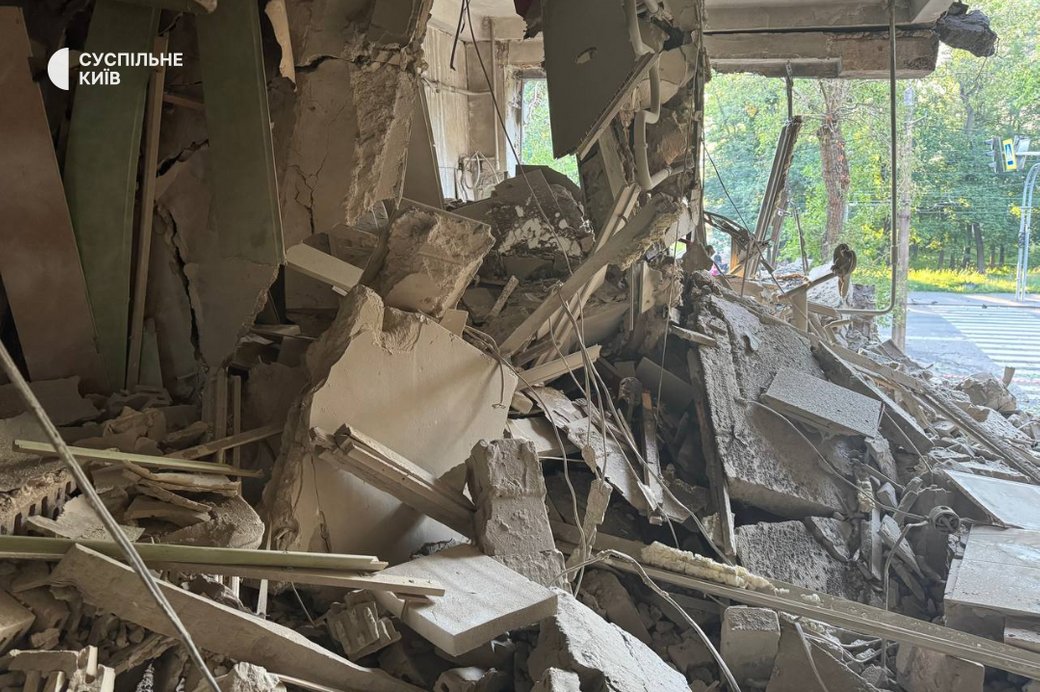

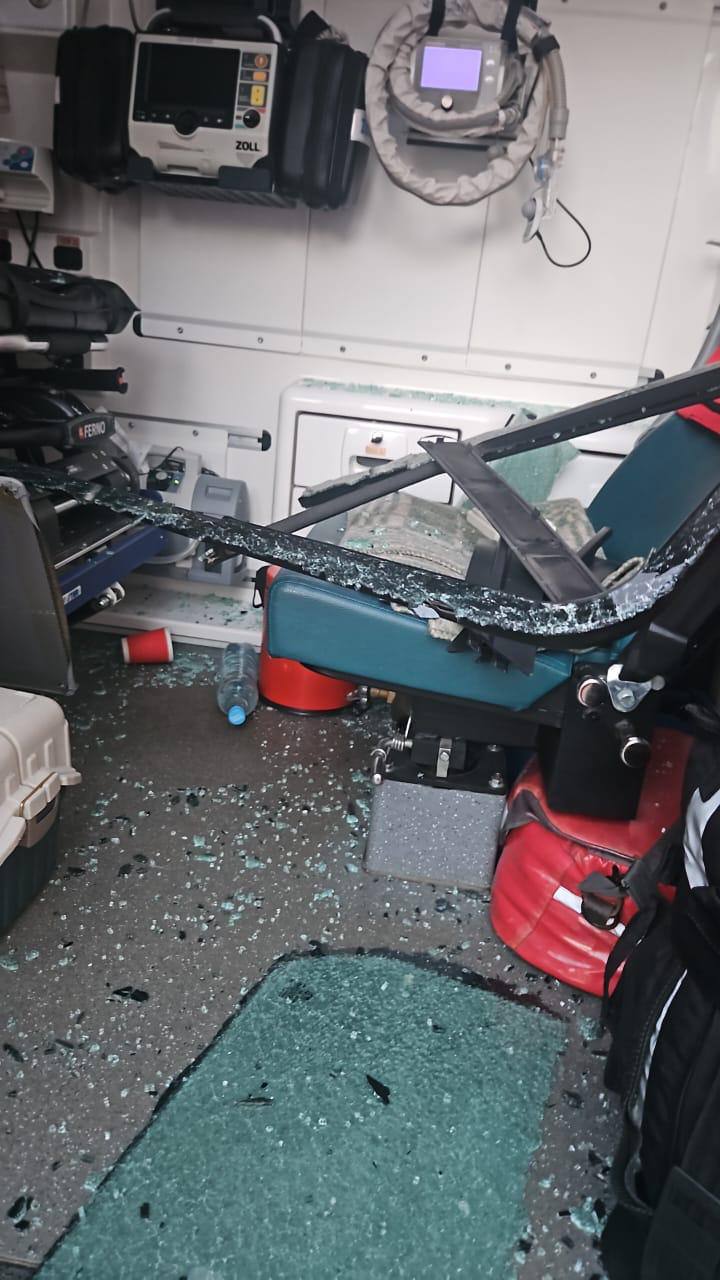


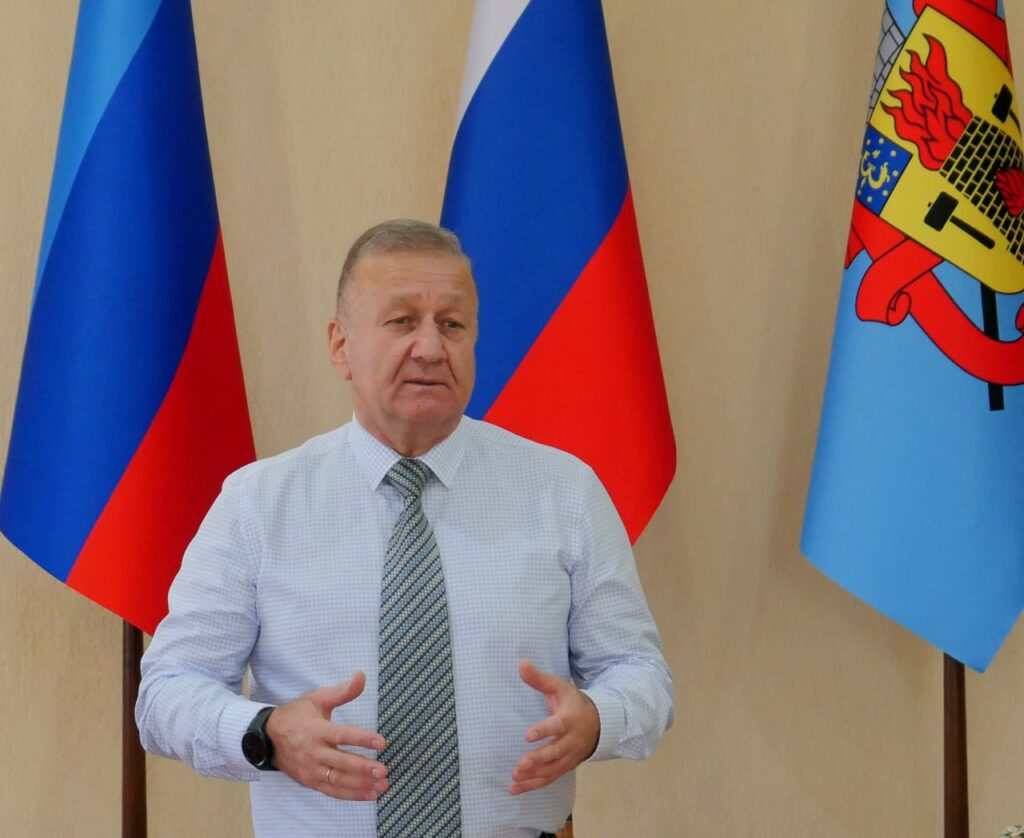
 TG/Exilenova+
TG/Exilenova+ 



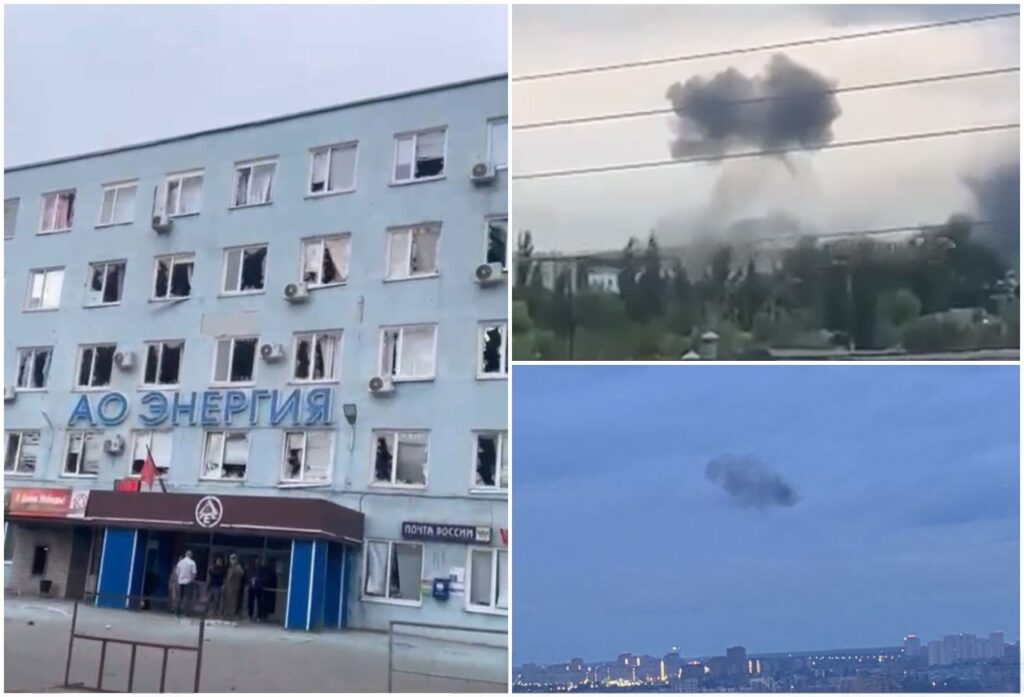
 TG/Exilenova+
TG/Exilenova+ 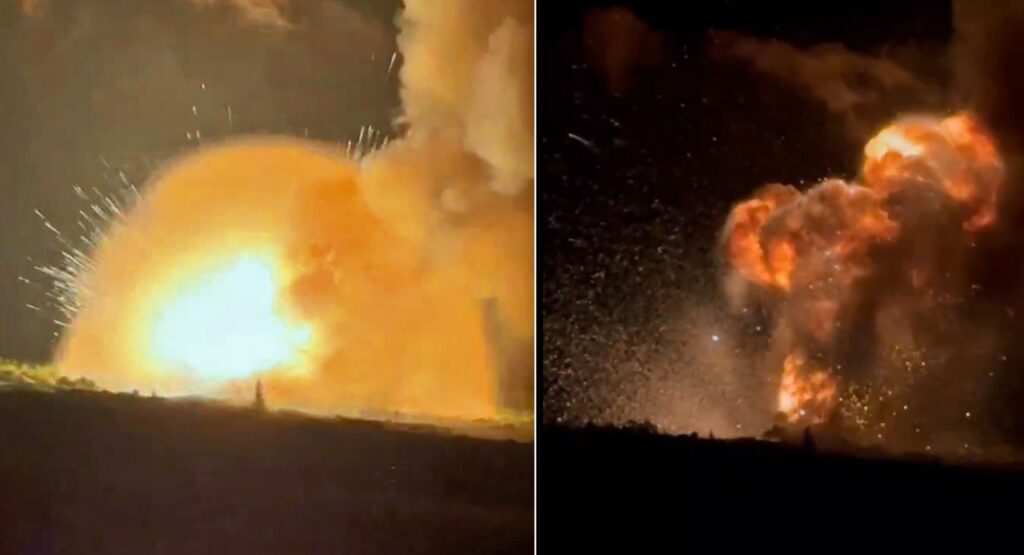
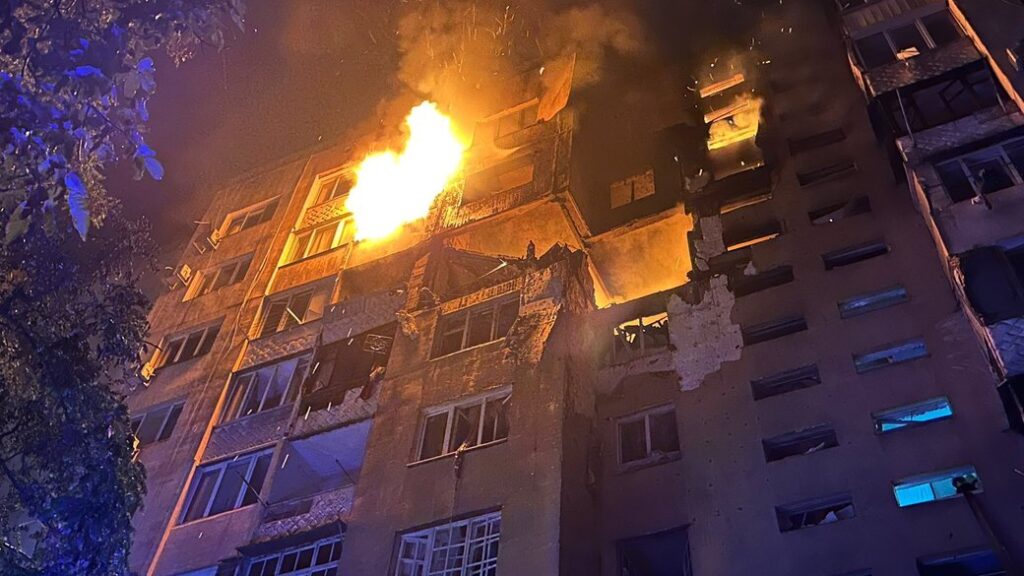





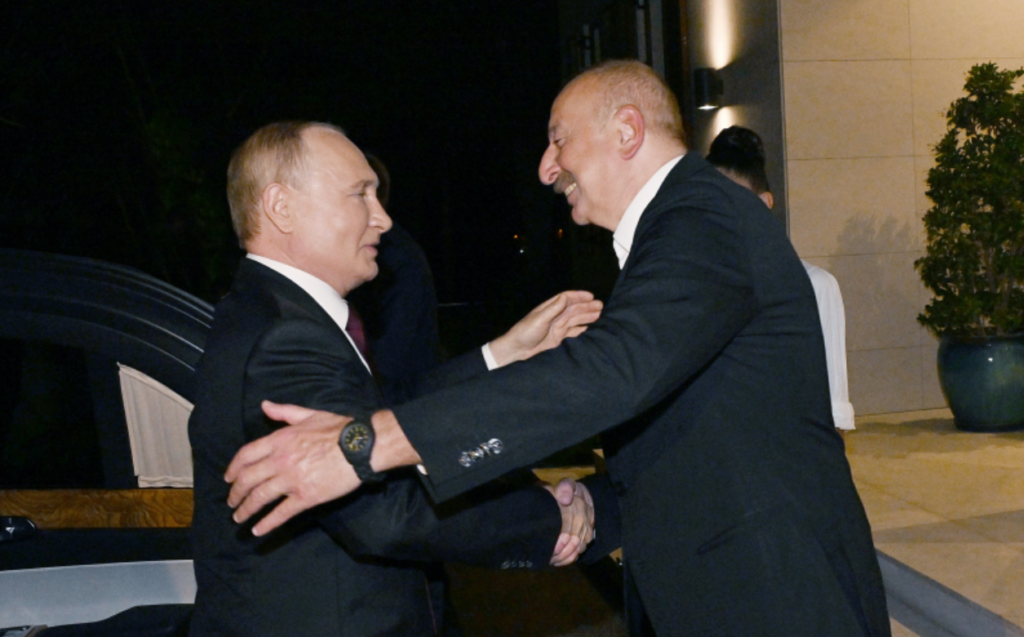


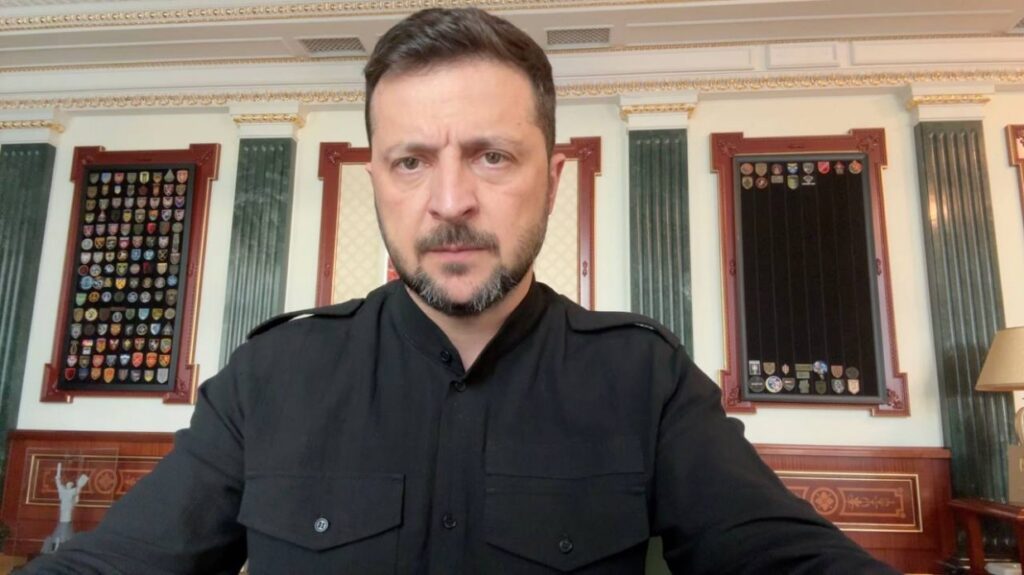
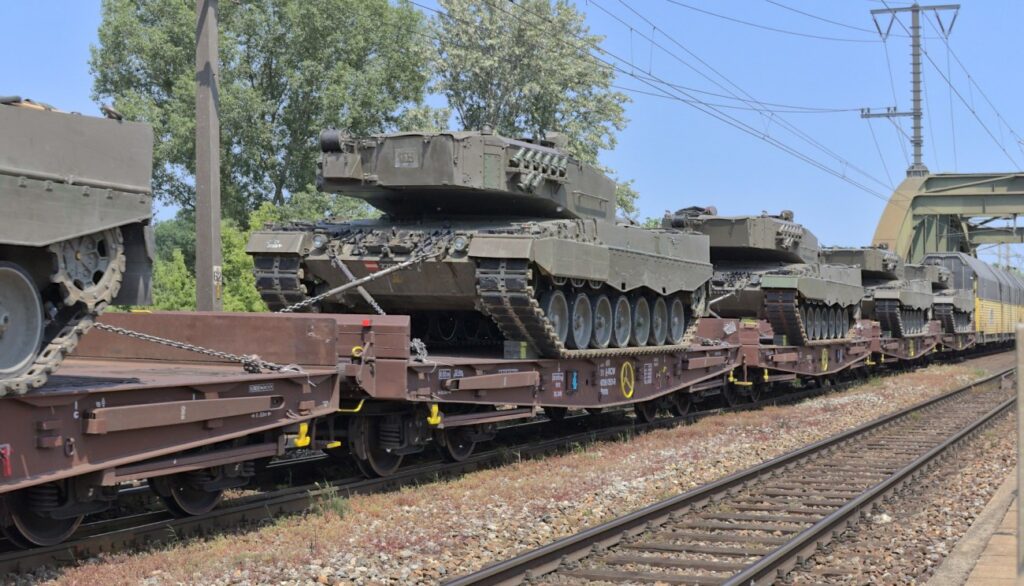
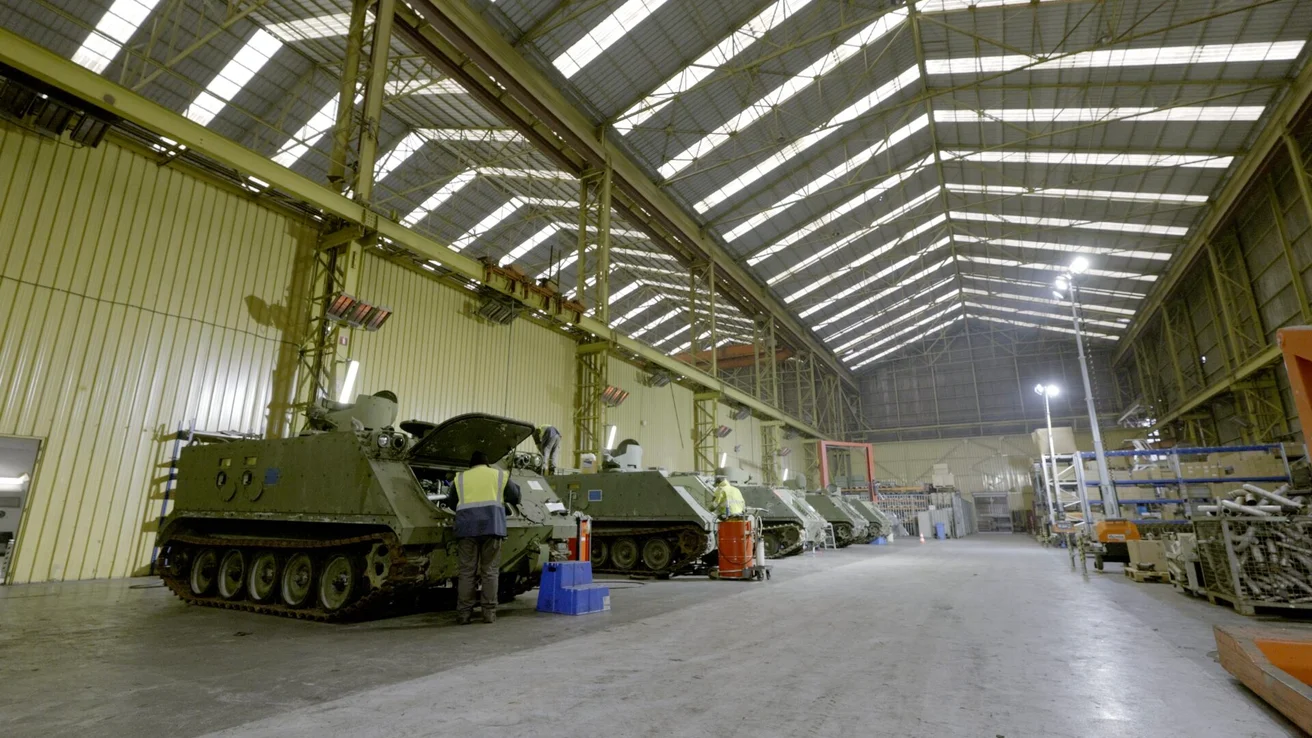


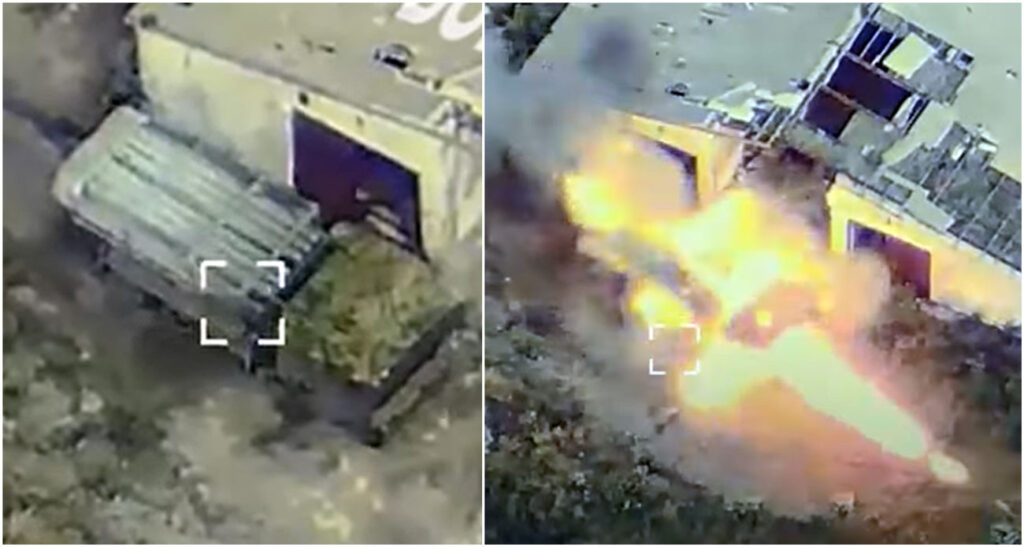


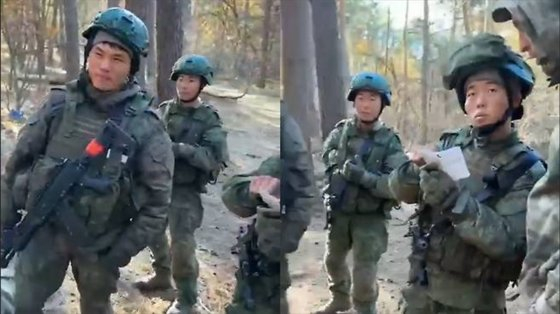


 ” Wild Hornets wrote in the video caption, which indicates it remains in the testing or pre-approval stage.
” Wild Hornets wrote in the video caption, which indicates it remains in the testing or pre-approval stage.

